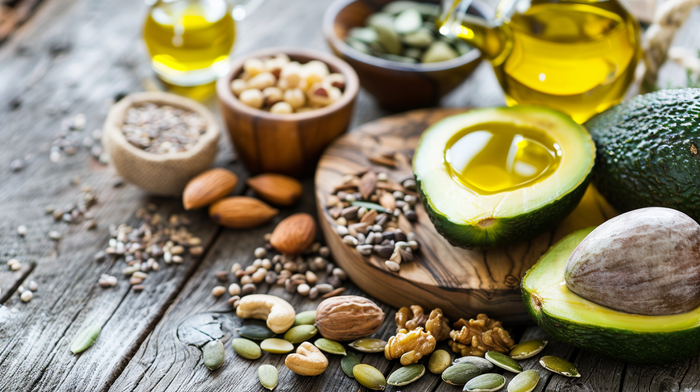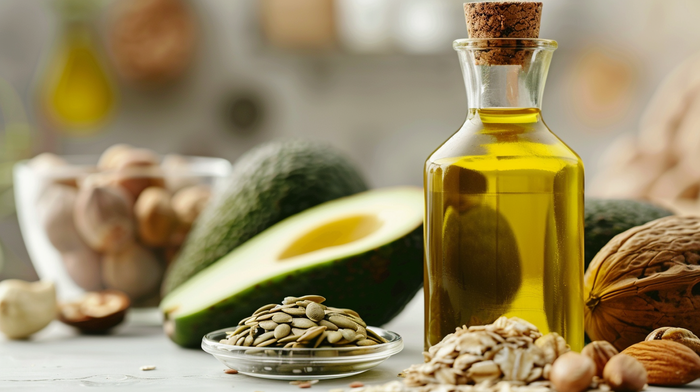Guide: How to intelligently choose fats for your diet?
Fats play a key role in our diet, providing energy, supporting brain and nervous system function, and helping to absorb fat-soluble vitamins such as A, D, E and K. However, not all fats are created equal. Choosing the right types of fats to consume can have a significant impact on our health. In this guide, we'll take a look at how to intelligently choose fats for your diet to get the most benefit from them.

Distinguish between fats: saturated, unsaturated and trans fats
A basic step in choosing fats intelligently is to understand the difference between saturated, unsaturated and trans fats. Saturated fats are mainly found in animal products, such as meat and dairy products, and some vegetable oils, such as coconut oil. Unsaturated fats, which are divided into monounsaturated and polyunsaturated, are present in most vegetable oils, nuts, seeds and fish. Trans fats, which result from the process of hardening oils, are found in processed foods such as cookies, crackers and French fries.
Why limit saturated and trans fats?
Research shows that excessive consumption of saturated and trans fats can increase levels of bad cholesterol (LDL) in the blood, which in turn raises the risk of developing heart disease. Health organizations recommend limiting intake of these fats in favor of unsaturated fats, which can help lower LDL levels and increase good cholesterol (HDL), thereby improving heart health.
How do you incorporate more healthy fats into your diet?
When choosing fats for your diet, go for those that are rich in monounsaturated and polyunsaturated fatty acids. Here are some simple ways to do that:
- Replace butter with vegetable oil, such as olive oil, when cooking and baking.
- Add chia seeds, flaxseeds or sunflower seeds to salads, which are sources of healthy fats.
- Choose fatty fish such as salmon, mackerel or sardines, which are rich in omega-3 fatty acids.
- Snack on nuts and seeds instead of chips or sweets.
- Use avocado as a topping for sandwiches or salads instead of mayonnaise.
Examples of sources of healthy fats
Here's a list of products rich in healthy fats that are worth including in your diet:
- Olive oil
- Avocados
- Nuts, including walnuts, almonds and hazelnuts
- Seeds, such as flaxseed, chia seeds and sunflower seeds
- Oily fish, such as salmon, mackerel and sardines
Read labels, avoid pitfalls
Pay attention to product labels when shopping. Avoid foods that contain trans fats and limit your intake of saturated fats. Look for products with a high content of monounsaturated and polyunsaturated fats. Remember that even healthy fats are caloric, so it is important to consume them in moderation.
Summary
Smart fat choices are key to maintaining your health and well-being. By limiting saturated and trans fats while increasing your intake of unsaturated fats, you can improve your blood lipid profile and reduce your risk of heart disease. Remember to read product labels and make informed choices, and healthy fats will quickly become a regular part of your diet.





